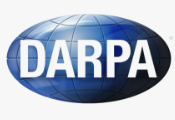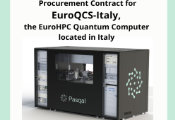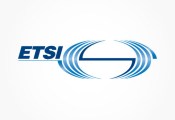Meters Closer, Miles Faster: HKUST Engineering Researchers Introduce Novel Cryogenic In-Memory Computing Scheme to Bridge AI With Quantum Computing
Meters Closer, Miles Faster: HKUST Engineering Researchers Introduce Novel Cryogenic In-Memory Computing Scheme to Bridge AI With Quantum Computing
Scholars at the School of Engineering of the Hong Kong University of Science and Technology (HKUST) have unveiled an innovation that brings artificial intelligence (AI) closer to quantum computing – both physically and technologically.


























